
By Ronan O'Connell
Travel Writer19 Mar 2020 - 5 Minute Read
I was meant to be in Bangkok right now, visiting my wife’s family. Instead, my wife, baby and I are home-quarantined in Ireland, looking after my elderly mum, while wondering if we can risk a 20-hour flight back to my main base in Australia.
As a travel journalist who lives in three countries each year – Australia, Ireland, and Thailand – the coronavirus has left me in a spin as I’ve tried to balance my commitments in these three nations with my need to travel for work.
My situation is far from unique. Nowadays, a huge number of people have close family who are scattered across the world, requiring modern forms of transport to connect with their loved ones face-to-face. Suddenly, that option has been removed for many of us. The coronavirus threat has closed down countless air, rail, bus, and boat routes. We can’t go to see our far-flung family and friends, even if we want to.
In a world which has never been so interconnected, the COVID-19 outbreak has left millions of people feeling an unfamiliar sense of isolation. Some of us can’t even visit relatives who live a short distance away. I have aunts, uncles, and cousins just a few miles from me, in Ireland’s County Mayo, who I haven’t seen in person in a week because we've been in voluntary quarantine.
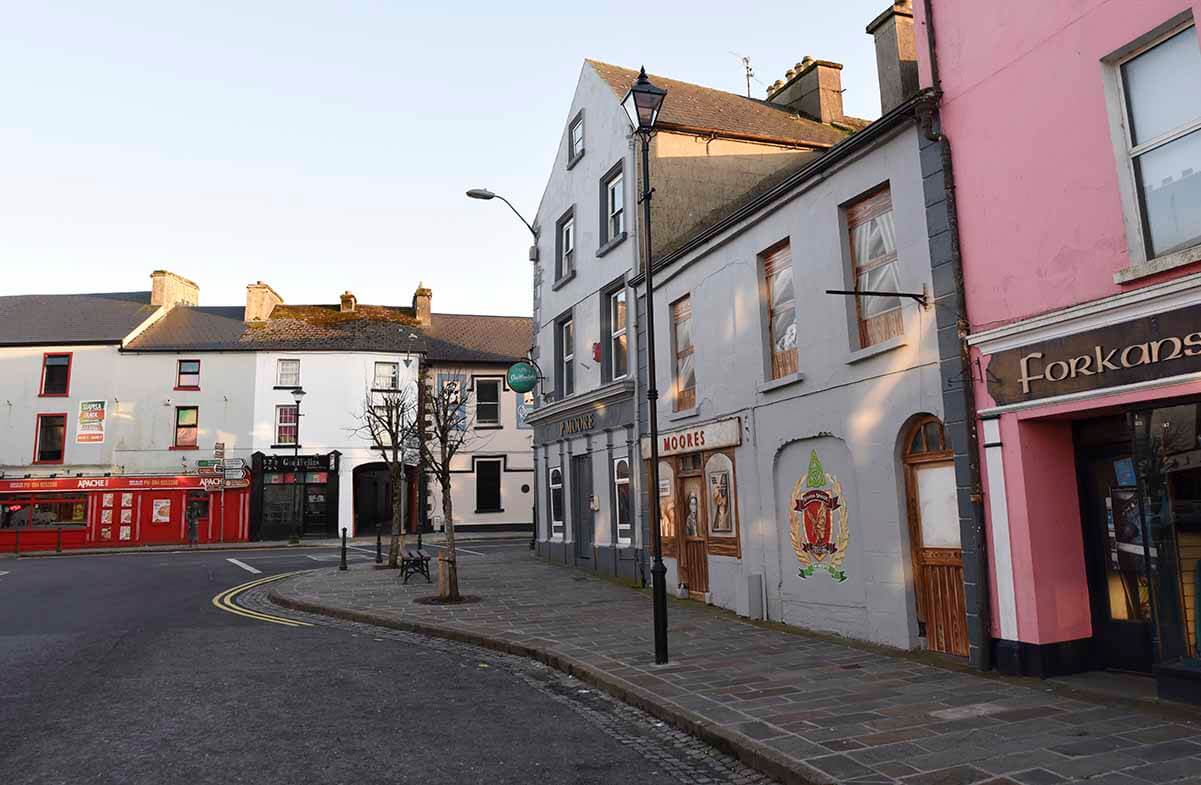
Our lives changed dramatically just a few days ago, when the Irish Government made an announcement that shocked and terrified its citizens. Our tiny country of just five million people, which then had less than 200 confirmed coronavirus cases, would have 15,000 infections within just two weeks. To put that in perspective, per capita, that’s equivalent to the United States having one million infections.
This revelation seemed so extraordinary, so unbelievable, that I scoured news sites, desperately seeking a correction – for someone to clarify the Government meant to say 1,500, not 15,000. Slowly, reality set in. A storm was approaching, and all we could do was bunker down. We have barely left our Irish home since, venturing out only to buy essentials.
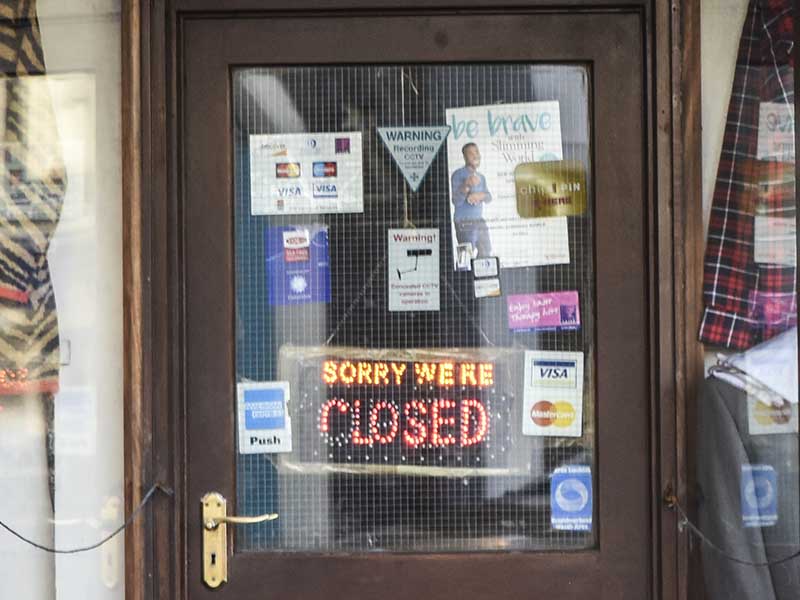
This situation has had a profound effect on me – one that extends beyond the expected fear and confusion. Even with three cherished people around me, I feel forlorn. The world is right there, just outside our windows, yet it seems distant and dangerous.
Maybe I shouldn’t be surprised by my reaction. Solitude never suited me, even as a child. I craved human contact. It’s one reason travel became such a powerful influence on me in my early 20s. As I ventured to non-English speaking countries on my own, sometimes for up to five weeks, I was forced to become comfortable in my own company, to stop leaning on others.
As much as I adored the excitement and education travel offered, never did I value it more than when it reunited me with my family.
Then as I entered my 30s, and started a travel journalism career that saw me living in three different countries, the meaning of travel shifted for me once more. As much as I still adored the excitement and education it offered, never did I value travel more than when it reunited me with my family.
No exotic adventure could match the thrill when we landed in Bangkok to be engulfed by my wife’s ecstatic family. No cultural experience could top the warm embraces from my sister and nephew after we landed in Perth. No five-star hotel could comfort me like walking out of Dublin airport to see my mum’s joyful tears.
That I can’t go to either Bangkok or Perth right now is horribly disconcerting. It doesn’t make sense, yet I feel like I’ve abandoned my family there. My sister is alone in Australia, terrified her three-year-old son might get infected by the coronavirus, while my Thai relatives fear their government is concealing the true severity of the outbreak.
Once this irrational guilt washes over me, I try to focus on positivity. I remind myself this crisis will end. I seek out my wife or son or mum, and kiss them. I imagine doing the same to the family I can’t touch. I picture the world back to normal, with me seated on a plane, flying towards something that makes me happy. In one daydream, the destination is a remote alpine mountain. In another, it’s a pristine ocean bay teeming with marine life. In a different fantasy, I’m wandering the grand remains of a fallen, ancient Asian civilization.
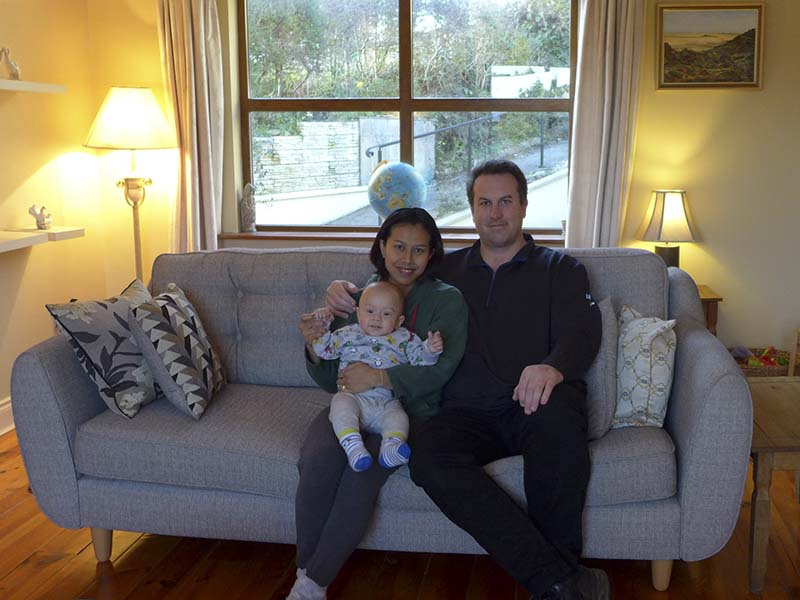
The more time I spend in quarantine, the longer my travel wish list grows. As Canadian crooner Joni Mitchell sang in 1970: “Don’t it always seem to go, that you don’t know what you’ve got ‘til it’s gone”. I never took my family for granted. But the same can’t be said for travel, and the transport links which allowed me to be with my loved ones.
Once this crisis eventually recedes, I’ll try never to forget this current moment. I’ll think back to the time when travel was banned, my family were out of reach, and I was isolated and lonely and afraid. Then I’ll smile, and plan my next trip.
Discover similar stories in
connection
Travel Writer
Ronan is a journalist and photographer with 16 years of experience as a reporter.
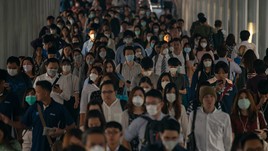

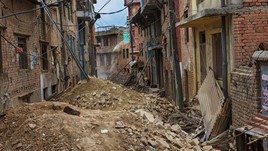
No Comments